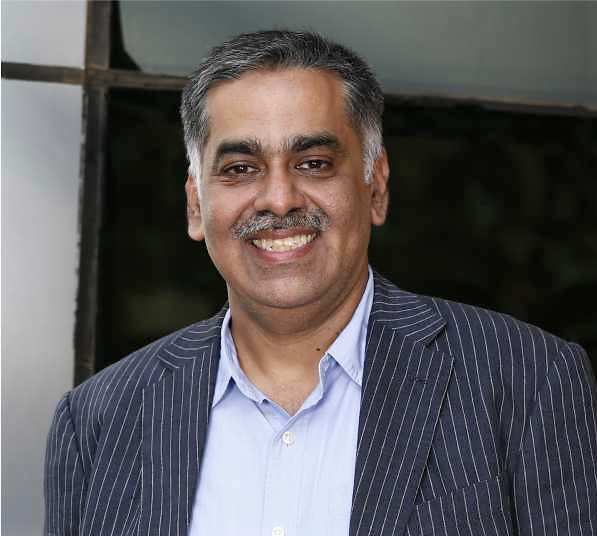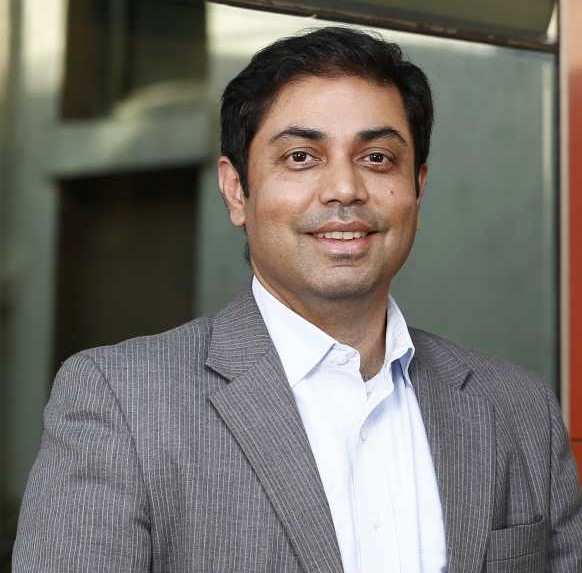
Stellar’s business is 100% based on cloud, right from warehousing management to transport management, it is all hosted on Oracle Cloud. Their ERP solution is hosted on Oracle Fusion. The entire back-office automation, collaboration, and networking platform are on Zoho which is a complete cloud-based platform. The company does not have anything which is server-based or which requires in-house hardware.
“We are a born-digital company with the cloud as a backbone. The cloud model gives us flexibility, scalability, and the capacity to innovate new tech projects. Any project implementation is almost 50- 60% faster in a cloud environment than in physical infrastructure. With any new project, we don’t have to worry about building an in-house team to manage the infrastructure. Cloud is one of the most beneficial decisions which is supporting us in every possible way especially amid WMS deployment,” Pabaru highlighted.
As they started growing, the company had to take a very conscious call of going on a large-scale WMS (Warehouse Management System) platform.
While implementing a modern warehousing solution, tech teams have to balance between the IT maturity of their customer and the IT maturity of the product that they are implementing. In the case of Stellar, challenges were minimum but the tech team faced a hard time in managing their customer’s IT maturity levels and dependencies.

Deploying WMS supported the company’s vision to service the country with efficient, affordable, and reliable logistics solutions. Post deploying the Infor WMS solution, Stellar gained the efficiency of real-time tracking and managing transport vehicles from the warehouse to the delivery endpoint. From vehicle scanning to moderating temperature inside it, the company is reaping the benefits from this project implementation.
“Choosing Infor as a long-term partner is one of our wise decisions. We did evaluate several global vendors with an Indian presence based on various factors, some of which were cloud availability, flexibility, scalability, and more. We did explore the market, evaluating vendors such as SAP, etc. The decision of investing in Infor WMS was backed by the fact that the solution is cloud-enabled which is a rare tech aspect in the market of WMS products,” Deshpande added.
The company has been able to automate the supply chain for its customers which includes analytics, end-to-end visibility, and more. Repackaging, bulk order scanning, barcoding, evaluating transportation options, and many other critical operations are now conducted digitally with low to zero manual intervention.
Future is expensive but innovative
Stellar is already working on some optimization problems and tech use cases that can help in their supply chain business.
“Today there is no easily implementable system that exists which has a single warehouse and a transportation unit combined as one single optimizer. So we are already working on some of these optimization problems and we are actively doing POCs, etc. and we will back it up with required investments. We believe that it is time to see a warehouse and a truck as a discrete element and something that is not out of date. We have to look at the world as a single unified view and how can we get an entire supply chain, including the consumer on one end, and the factory on the other end in a single system, which is seamlessly talking real-time, because of the need for speed is paramount today and is the only way to reduce costs,” Pabaru said.
According to him, the unfortunate part of the supply chain is that the company will try to reduce cost at the unit level. He believes that the system cost has to come down and technology has a very big role to play in weaving that solution together.
“Our business leadership team is completely glued to the latest technology, and the tech team has never faced issues in covering the management for any kind of tech investment. There’s no need to go and convince the management, it’s the other way around. They are chasing the tech team to come up with newer initiatives and trying to bring innovation. We are bullish on tech investments and soon, we are going to explore technologies such as IoT, Blockchain, AI/ML, etc. We are already working on several modern tech projects and sometime soon we are going to advance our current technology maturity,” Deshpande concluded.



